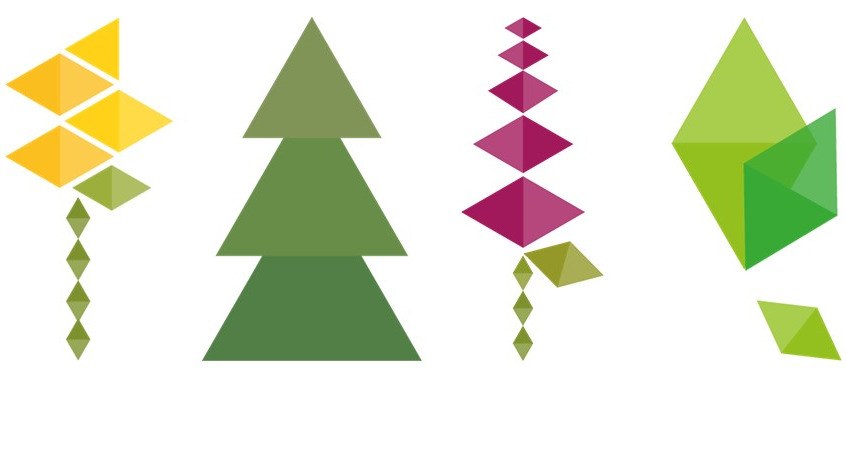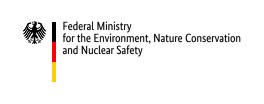Pilot regions
Pilot region Tiroler Lech Nature Park, Austria
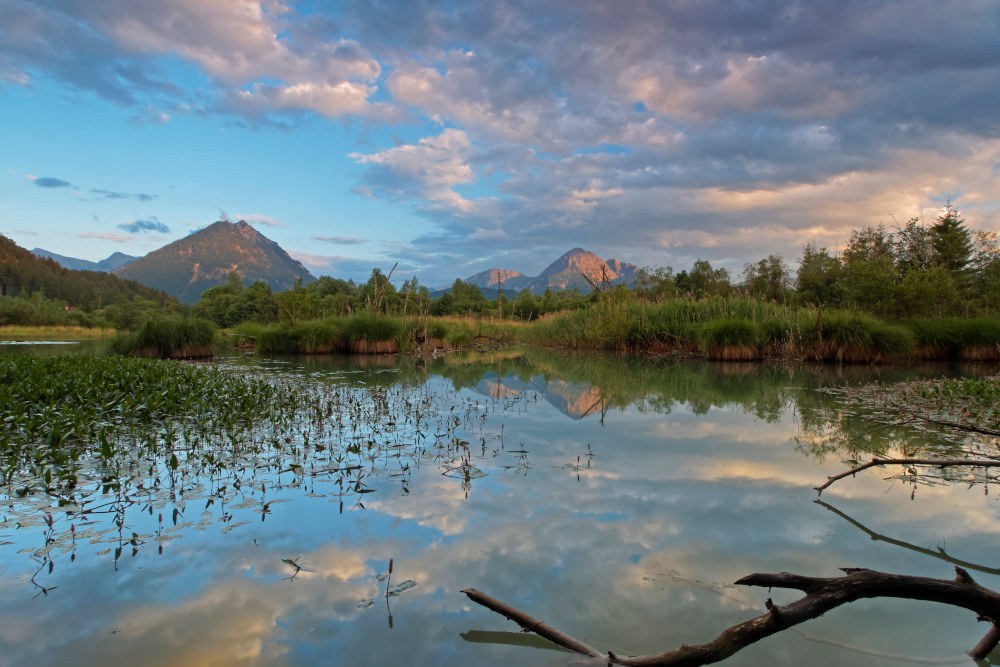
Sensitive species such as shingle bank breeders – little ringed plovers and common sandpipers – are increasingly being disturbed and their nests trampled. The Tiroler Lech Nature Park therefore drew up a zoning plan and visitor guidance concept in 2020 that involved numerous stakeholders in a cooperative process, including tourism, mountain rescue, water sports and forestry. “We are now tackling the actual implementation of the catalogue of measures”, explains Eva-Maria Cattoen, coordinator of the pilot region. “For example, we are intensifying our successful communication and expanding our network of ambassadors. In this way, the most important information can reach visitors directly via the partner enterprises of the Tiroler Lech Nature Park."
Learnings from the project
The issues and challenges in the Austrian pilot region Nature Park Tyrolean Lech are manifold: the influence of water sports on the wild river system, mobility, high visitor pressure, monitoring, awareness raising and communication. "Creating an offer alone is not enough - the quality of the measures offered must be constantly monitored to see if they are working well," says Eva-Maria Cattoen, the coordinator of the pilot region. Therefore, the regional project team around Eva-Maria Cattoen developed a visitor management concept, established a steering group and plans to increase human as well as financial resources. To this end, stakeholders were literally brought on board, such as a local provider of rafting tours or the mountain rescue service.
Pilot region Steiner and Sanntaler Alps, Slovenia
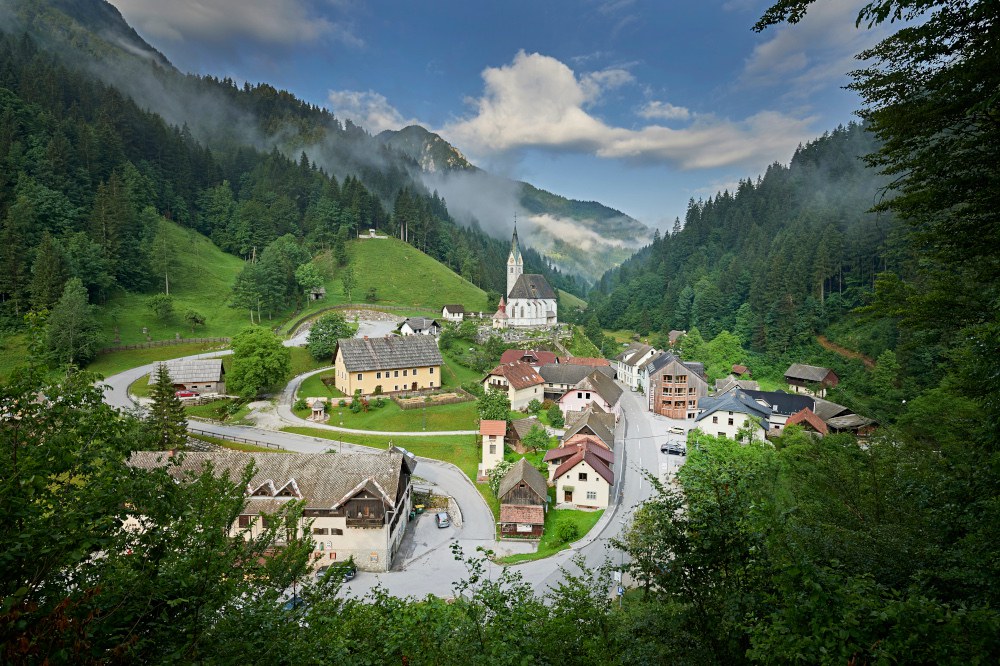
Too many cars, too many people: on the southern edge of the Kamnik-Savinja Alps in Slovenia, a cable car runs up to the pastureland settlement of Velika Planina, while cars clog the small village. Plans for a summer toboggan run and a zipline park were proposed without any prior public discussion, even though this ecologically sensitive high plateau is an important drinking water reservoir for the region. “We are at an important crossroads, but we must decide on the way forward together. We will organise meetings in the pilot region, face the challenges and outline holistic development proposals for specific areas”, explains Katarina Žakelj, regional coordinator of the pilot region.
Learnings from the project
The Slovenian pilot region of the Kamnik-Savinja Alps focused above all on communication and information. A workshop on tourism communication in the mountaineering village of Kamnik raised awareness among those responsible for common values such as preserving the excellent water quality as a special feature of the region. "We need to think about what kind of communication we use in our activities, and this thinking needs to be based on facts," says Katarina Žakelj, regional coordinator of the pilot region.
Pilot region Balme Mountaineering Village, Italy
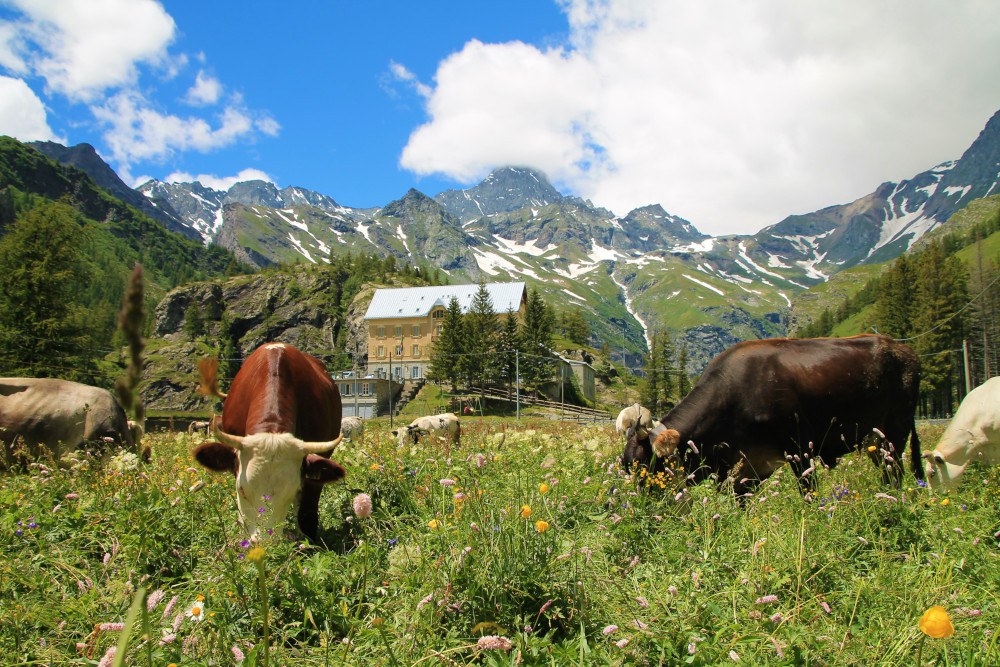
Balme, which recently became one of the first mountaineering villages in the Western Alps, is located in the Piedmontese Alps and is famous for its mountain scenery and the “Pian della Mussa” plateau, which attracts thousands of day trippers each summer. This magnificent landscape is at risk: as a first step, Balme has regulated access to the plateau by introducing parking fees. The speciAlps2 project team wants to see further steps, as Francesco Pastorelli, coordinator of the pilot region, explains. “We want to further reduce tourism-related pressure by trying to control the summer tourist flows on the plateau. The aim is not only to protect the sensitive flora and fauna of this unique landscape, but also to offer visitors a high-quality holiday experience.”
Learnings from the project
The Italian pilot municipality of Balme, with the support of CIPRA Italy, carried out a vehicle count on the "Pian della Mussa" plateau in the Lanzo valleys, a protected area that suffers from too much excursion traffic. The pilot region's coordinator, Francesco Pastorelli, worked with local stakeholders and the University of Turin to analyze options for reducing the impact of traffic - from a daily vehicle cap and parking fees, to expanding public transportation and connecting to an existing rail line, to closing the area to car traffic on certain days of the week. "The carrying capacity limit of a sensitive area needs to be communicated in an appropriate manner and location to prevent conflict and build consensus," Pastorelli said.
Pilot region Bad Reichenhall, Germany
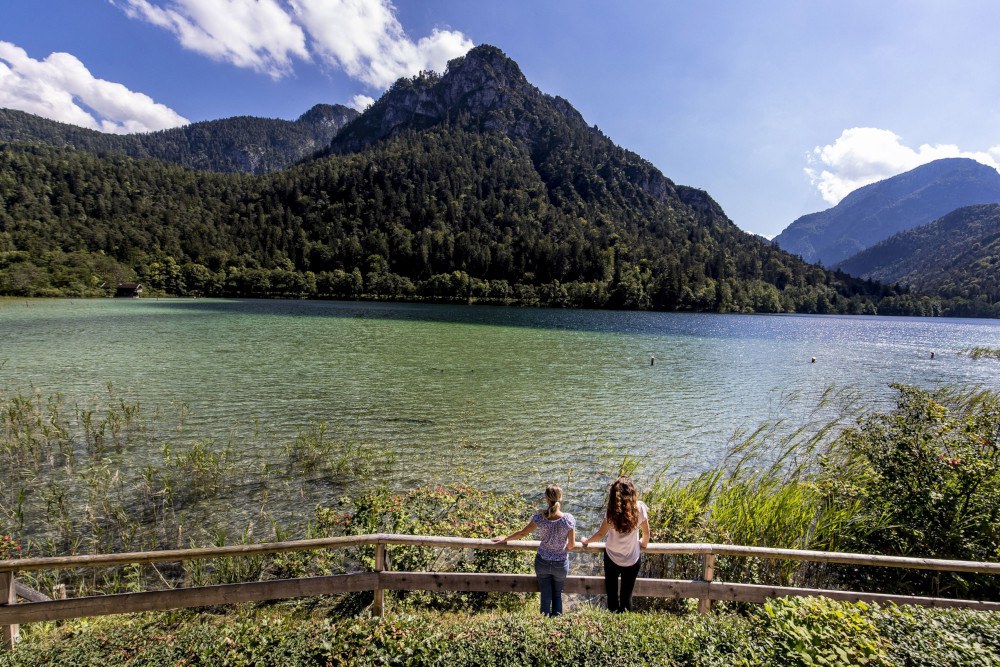
The roads in Bad Reichenhall in the Bavarian Alps resemble the eye of a needle as they lead into the valley – everyone wants to get through and there is little by way of alternatives. The corona pandemic has sharply increased the number of day trippers and, while a city bus already serves the popular destination of the Thumsee lake, it is still not well-known. With local stakeholders, input from experts and exchanges with other pilot regions, Bad Reichenhall aims to regulate visitor flows better, as regional project coordinator Katharina Gasteiger explains: “I am convinced that with speciAlps2 we can provide an impetus that will ease the situation in Bad Reichenhall. The town is ready to set an example and implement the concrete measures that we are developing in the project. At the same time, we want to make use of established campaigns in the Bavarian Alps region to raise awareness among visitors”.
Learnings from the project
The German pilot region of Bad Reichenhall focused on mobility, because the town resembles a traffic bottleneck with tourist hotspots such as Lake Thumsee and the Nonner Oberland - popular starting points for hiking tours. On the one hand, parking space management and digital parking guidance systems are to relieve the region from 2023 onwards, so that visitors can find out in advance about the number and availability of parking options. "Parking management alone is not yet sufficient, but rather serves to bridge the gap during the shift in thinking toward sustainable mobility," says Kathrin Holstein, coordinator of the pilot region. "Opportunities must be created to be able to travel without a car". A workshop was therefore held to identify opportunities for sustainable mobility in the region: E-bikes, shuttles, benches for carpooling and the expansion of the bicycle infrastructure.


